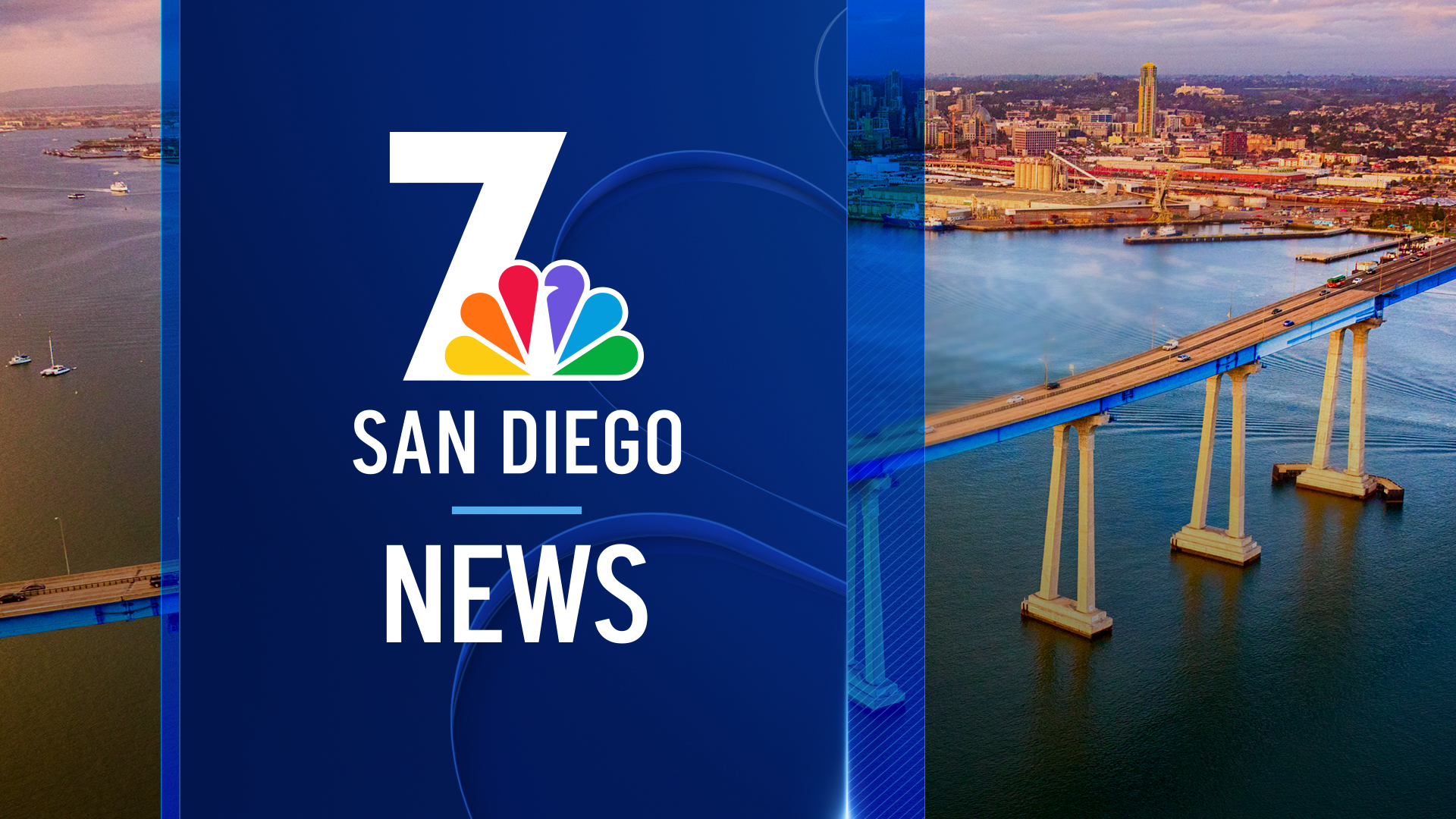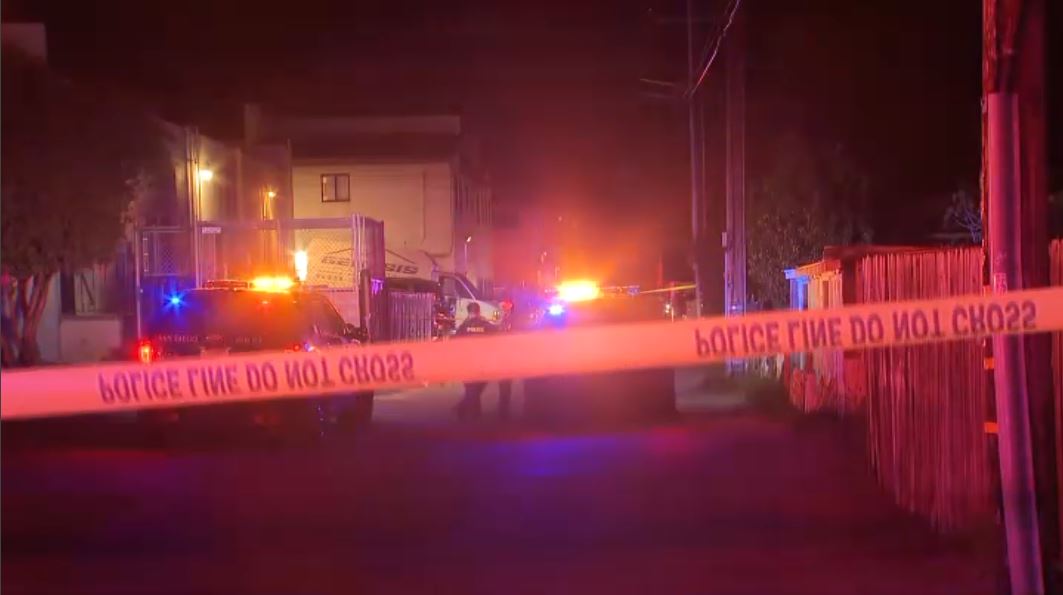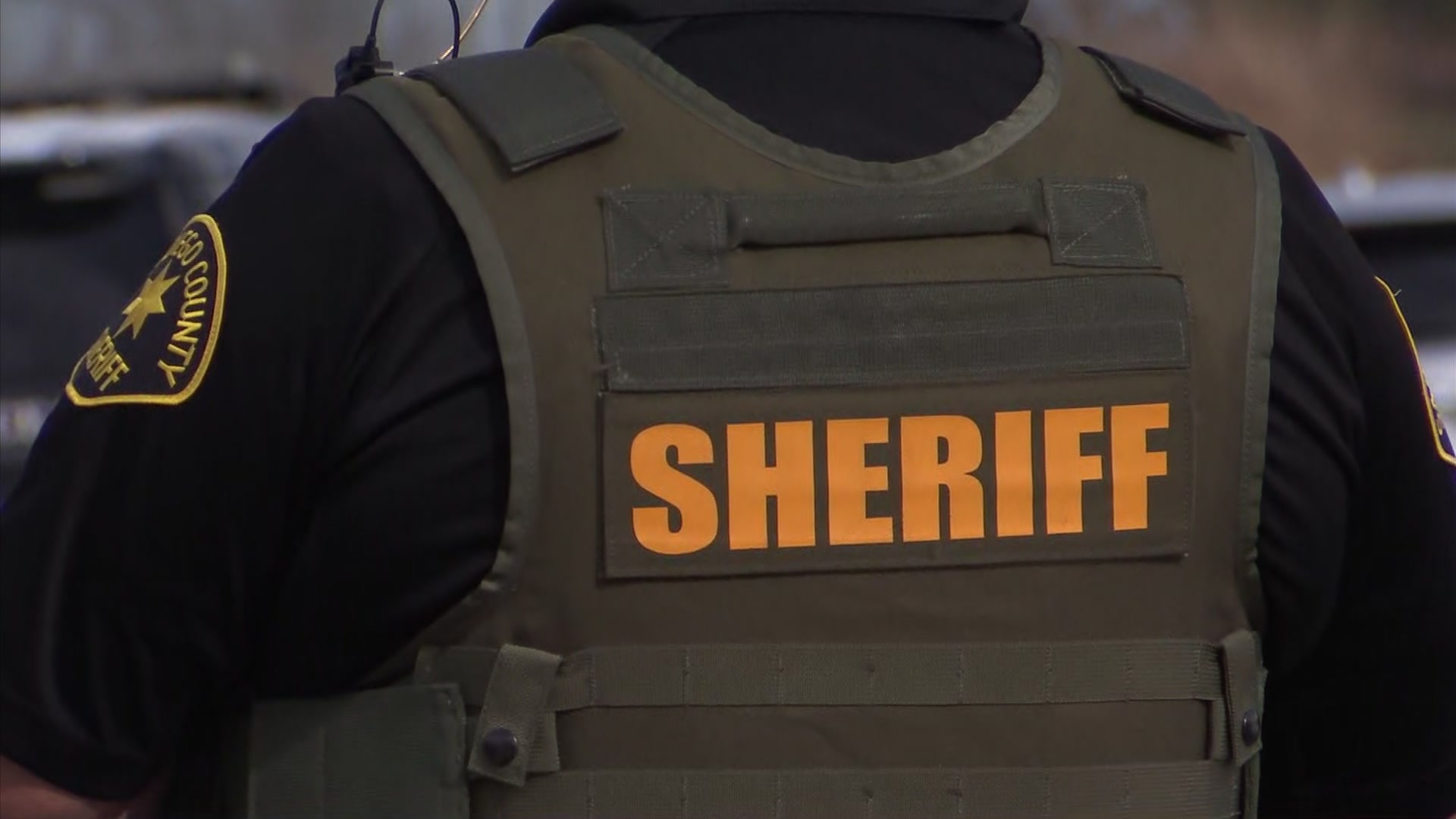The president has repeatedly called the group a threat to national security. NBC 7’s Alex Presha reports from San Ysidro.
What to Know
- The group was sleeping in tents and attending legal seminars given by volunteer attorneys from the U.S. about seeking asylum
- They plan to try to enter the U.S. on Sunday at San Diego's border crossing
- U.S. Customs and Border Protection has space to hold about 300 people at the crossing
A group of migrants from Central America arrived in Tijuana Wednesday with hopes of seeking asylum from dangerous and violent conditions in their home countries.
The group is part of a larger caravan that started their journey for shelter in Mexico at the beginning of March.
The caravan has been described as “dangerous” by President Donald Trump and was mentioned as one of the reasons he asked for National Guard troops to be sent to the border region.

The president tweeted this week that he has issued orders "not to let these large Caravans of people into our Country. It is a disgrace."
Last week, Telemundo 20 spoke with the first of hundreds who were expected to arrive at the U.S.-Mexico border.
The group was sleeping in tents and attending legal seminars given by volunteer attorneys from the U.S. about seeking asylum. The first groups plan to try to enter the U.S. on Sunday at San Diego's border crossing.
Local
The caravans have been a fairly common tactic for years among advocacy groups to bring attention to Central American citizens seeking asylum in the U.S. to escape political persecution or criminal threats from gangs.
"We are not terrorists we all have a dream," Mauricio Magana said who is also from El Salvador.
Katherine Flores has traveled with the caravan from El Salvador with her toddler daughter. She told NBC News she wants to give her baby a better future.
“I came because of the gangs,” she told NBC News. “You cannot live in our country.”
This caravan's numbers pale compared to the roughly 200,000 people who were arrested at the border in Texas' Rio Grande Valley during the spring of 2014 during the administration of President Barack Obama, many of them Central American women and children. Thousands of Haitians seeking to enter the U.S. turned themselves in to U.S. border inspectors at the Tijuana-San Diego border crossing, the nation's busiest.
U.S. Customs and Border Protection has space to hold about 300 people at the crossing, said Pete Flores, director of the agency's San Diego field office. It turns them over to U.S. Immigration and Customs Enforcement to determine if they should be held long-term of if they can be released while their cases are pending, often wearing ankle monitors that track their movements.
The San Diego border crossing was so overwhelmed by Haitians in 2016 that U.S. officials worked with their Mexican counterparts to create a ticketing system that let the Haitians in over time. Some waited their turn in Tijuana more than five weeks.
More recently, asylum seekers have had to wait at most only a few hours, never overnight, Flores said. If asylum-seekers make it through initial screenings with asylum officers by establishing "credible fear" of being returned to their homelands, they are allowed in and face what can be lengthy proceedings before U.S. immigration judges.
Ginger Jacobs, a San Diego immigration attorney who helped Haitians seeking entry to the U.S. in 2016, said Trump's concerns about a rush of Central Americans seeking asylum were "completely overblown."
"I don't see this caravan thing being a big deal," she said. "I see it as something the port will be able to handle competently and professionally."
Homeland Security Secretary Kirstjen Nielsen, in a message apparently aimed at asylum seekers, said Wednesday that anyone who makes false claims to immigration authorities is subject to criminal prosecution. The same goes for anyone who assists or coaches immigrants on making false claims.
Nielsen's threat is consistent with the administration's narrative of widespread "asylum fraud" and claims that asylum-seekers are coached on what to tell U.S. authorities.
The secretary also said asylum seekers in the caravan should seek protection in the first safe country they reach, including Mexico.
U.S. Attorney General Jeff Sessions said he may assign additional immigration judges to handle caravan cases.
The Juventud 2000 migrant shelter, on the edge of Tijuana's red-light district, is filled with dome-shaped tents to accommodate more than 200 arrivals.
Its director, Jose Maria Garcia Luca, said two previous caravans in May and November of last year had about 100 people each. Those who sought asylum reported no significant delays entering the U.S.
"This is nothing like the Haitians," Garcia Luca said. "That was chaos."
The Associated Press contributed to this report



